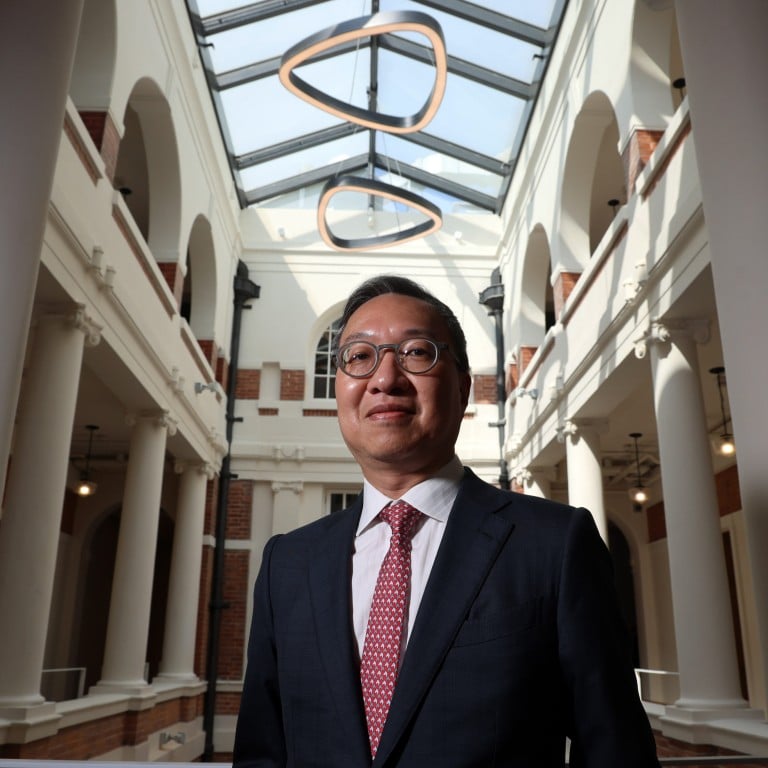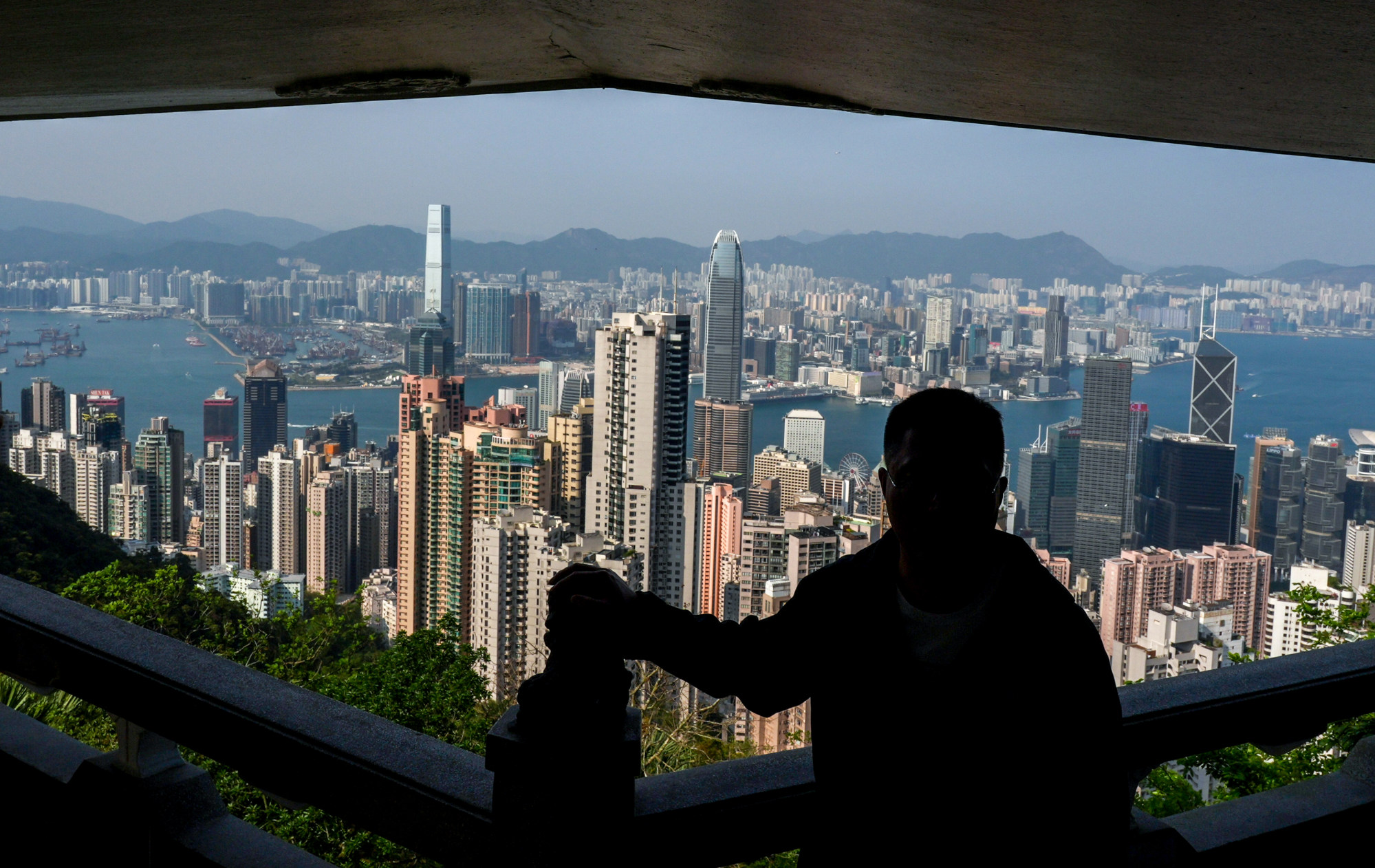
Measured approach of justice secretary will help Hong Kong move on
- Pledge to use city’s new domestic national security law only in compelling circumstances and to promote ‘soft power’ suggests a subtle change in government stance
The passing of a new domestic national security law paved the way for Hong Kong to start a fresh chapter, with the focus shifting to much-needed efforts to improve the city’s economy. That transition will be easier if the legislation is applied sensitively and the heat taken out of the discourse surrounding the laws, which has seen strident exchanges with critics overseas.
The views of Secretary for Justice Paul Lam Ting-kwok, expressed in an exclusive interview with the South China Morning Post, are therefore welcome. They suggest a subtle but significant change in the government’s approach as the city looks to move on.
Lam pledged the new law – involving crimes such as treason, sedition, external interference and state secrets – will only be used in compelling circumstances.
There have not been any arrests in the first month of its operation. This is not surprising as the environment is very different to that which existed following Beijing’s passing of an overarching national security law for the city in 2020, in response to months of civil unrest the previous year.

Since then, order has been restored.
The new legislation will, no doubt, be used when needed. But, as Lam said, it should be utilised only when strictly necessary.
One example is the approach taken to “soft resistance”. This is a vague term and concerns have been raised that a legal crackdown to combat it would unduly restrict rights protected by the city’s Basic Law.
But Lam said legal means would not be used to target soft resistance, which he characterised as the use of false, misleading or unfair statements to spread fear or despair. He argued “soft power” was a better way of responding.
This involves meeting criticism with rational and persuasive arguments, rather than arrests or fiery rhetoric. Such an approach is more likely to win hearts and minds.
There is also a need to better promote Hong Kong. The hosting of “mega events”, drawing visitors to the city to form their own conclusions will, in time, help rebuild its international reputation.
Hong Kong justice minister Paul Lam to avoid the West
A variety of summits and conferences are planned providing valuable opportunities for engagement.
Playing host to visitors from overseas is all the more important at a time when the geopolitical environment means there are no plans for Lam to visit the United States or other Western countries. In time, such trips should resume.
But other opportunities are opening up, with a visit to the Middle East planned for next month.
The passing of a domestic national security law was a landmark and the way in which it is implemented will be closely followed. The measured approach advocated by Lam will help the city move on to tackle other challenges.

